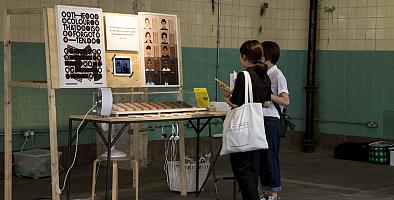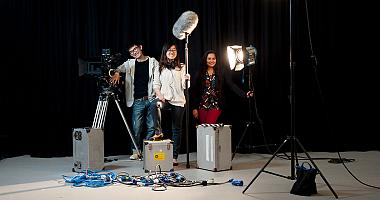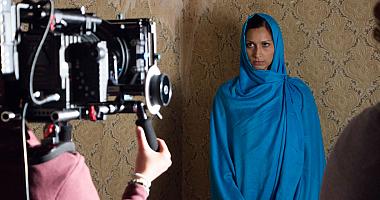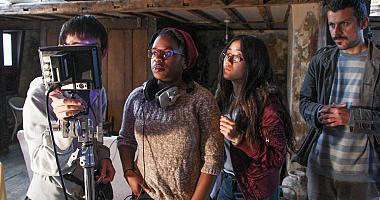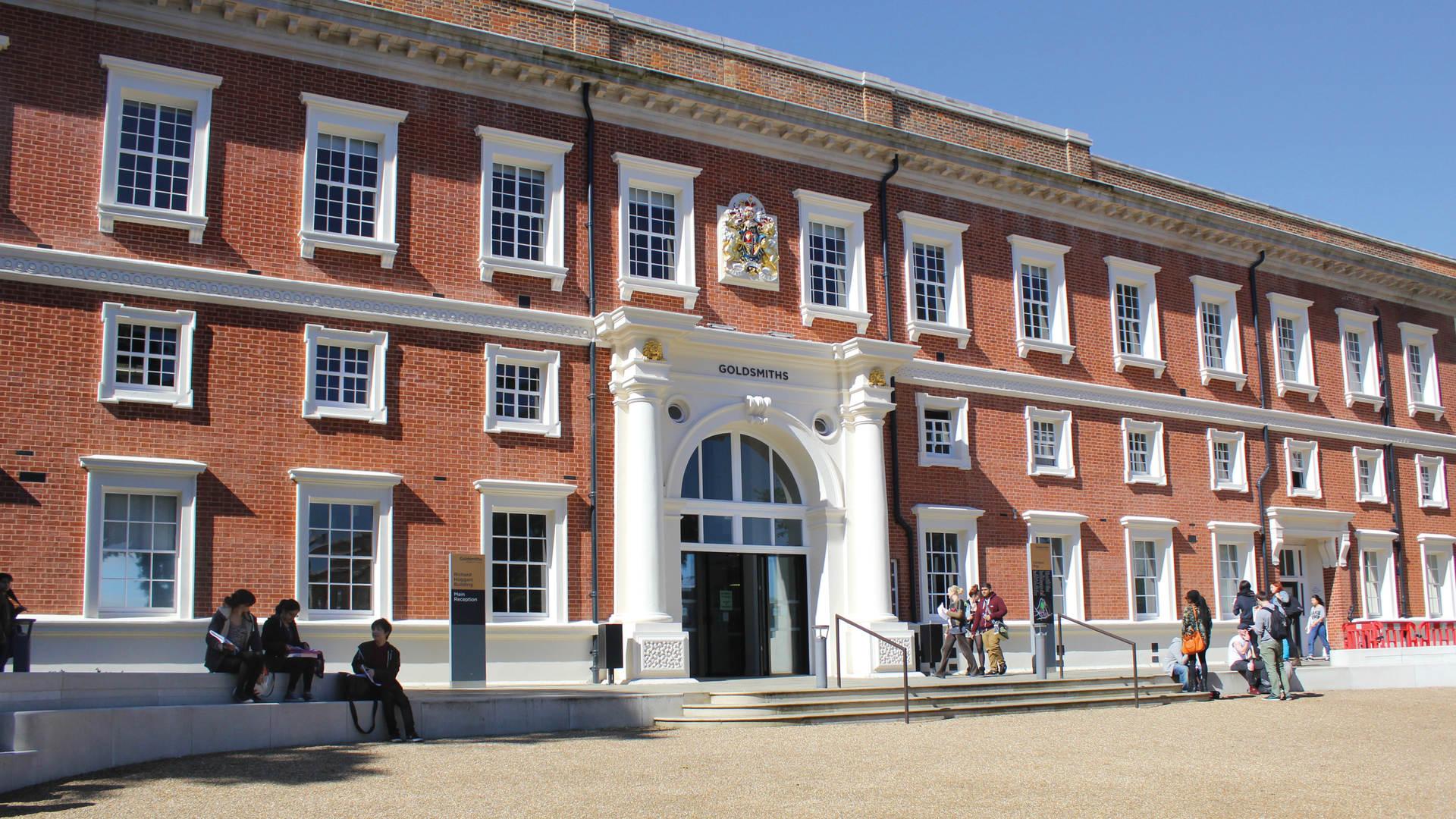Course information
Department
Length
1 year full-time or 2 years part-time
Course overview
The Postgraduate Diploma in Political Communications offers teaching that is critical, innovative and diverse. It combines theory with practical, applied elements, and draws on a range of research and contemporary examples.
You will cover political communication, from the national and international to the local and personal - from governments and parties, to NGOs and local activist groups. The programme engages with cultural, alternative and digital, interactive communication as well as traditional mass media.
The Department of Media, Communications and Cultural Studies has been ranked 2nd in the UK for 'world-leading or internationally excellent' research (Research Excellence Framework, 2021) and 16th in the world (3rd in the UK) in the 2024 QS World Rankings for communication and media studies.
Learn to ask the difficult questions
This dynamic programme, first and foremost, offers critical engagement. It asks difficult questions about politics, economic policy, society and the media. Taking this programme will not just give you an understanding of the forms and impacts of political communications. It will also help you contextualise that knowledge in relation to the structures, institutions and actors that are at the heart of politics and media.
Experience varied teaching
While broadly conceptual in focus, this programme also offers several practical applied options and skills-based components.
You will undertake a research skills module as well as being supervised through a dissertation with a research component.
Some optional modules, such as Campaign Skills, are entirely practice-based and taught by professionals in the field. You can also take advantage of the speaker series running each year with guests from the worlds of politics, journalism, business and campaigning coming to talk.
Contact the department
If you have specific questions about the degree, contact Jacob Mukherjee.
